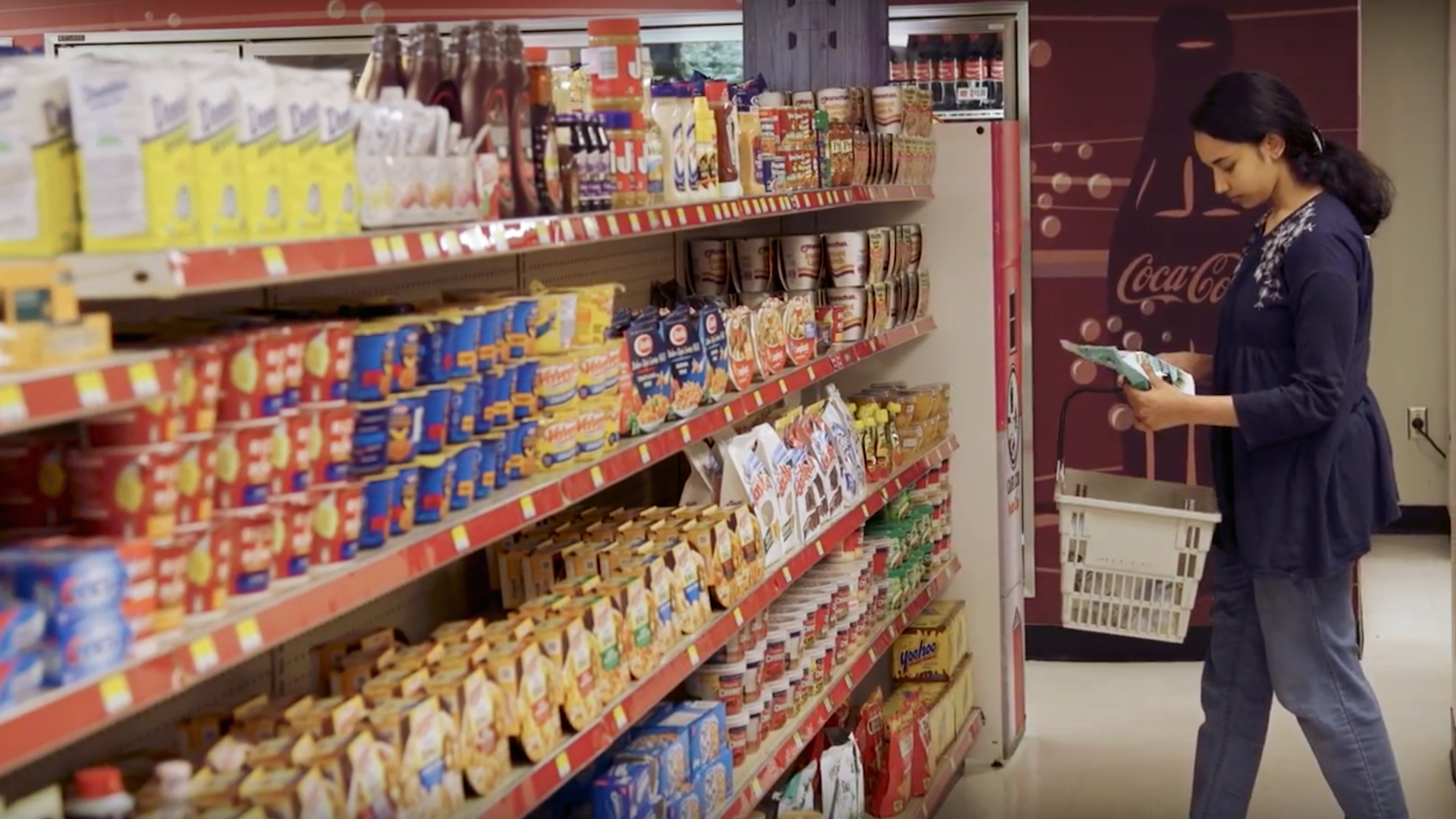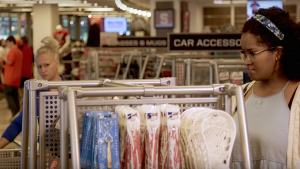Cross Collaboration Tackles Microaggressions

At NC State, DELTA’s Instructional Media Production team collaborated with a faculty member and her graduate students within the Department of Sociology and Anthropology and with Arts NC State to tackle the ongoing challenge of addressing microaggressions.
Summary
A microaggression is defined as an indirect, subtle or unintentional discrimination against members of a marginalized group. NC State Associate Professor of Sociology Maxine Thompson and her team of graduate teaching assistants, Casey Strange and Holly Benton, set out to encompass reported microaggressions witnessed by NC State students. Students enrolled in Sociology 101: Intro to Sociology and Sociology 301: Human Behavior are required to document examples of microaggressions through a sociological lens. The activity results in anonymous ethnographic descriptions that were used for research purposes by the department following IRB guidelines.
Through this data, the group discovered real-life examples of microaggressions on campus. The video project received funding from the OIDE University Diversity Mini-Grant Program. The grant was titled College Students’ Accounts of Microaggressions in Their Daily Lives.
“The initiative was to do something creative that would have an impact on the lives of students on campus. When we identified our proposal, we decided to present these microaggressions with skits,” said Thompson.
From there the project evolved under the leadership of Benton serving as a project coordinator. She helped make the connection with Arts NC State participants Amy Sawyers-Williams and Michael Mellas.

As a result of the current course material and the student responses, DELTA’s Instructional Media Production team was contacted about creating a video demonstrating these scenarios in the familiar, everyday places around NC State’s campus. Locations included Wolfpack Outfitters, the C-Store, an off-campus party, a bus stop and a dining hall.
DELTA Impact
Jeff Robinson knows about videos. As a DELTA employee for more than 20 years, Robinson has won numerous awards and recognitions for the videos produced under his guidance. While working with multiple departments and groups on this project, Robinson spoke highly of the student actors.
“They were professional, they knew their lines, they came in ready to work and shoot over and over again. Sometimes the space would be different than where we had rehearsed and we would make adjustments and they just rolled with it,” he said.
Assistant Director for Instructional Media Production John Gordon is responsible for evaluating project requests. “I decided to take this on as a result of the need. We are a service organization and if we can fulfill that need, we will do so. The student learning, that’s the main goal. I look at every project from a need-based standpoint. We help people,” he said.
The project was filmed in one week over the summer and followed a script written by John Pierre Craig, who worked to transform student logs into realistic examples.
“I wasn’t sure if we had enough time to pull this off, six videos, actors, locations — I was skeptical. Jeff said ‘No I can do it. I can pull it off.’ He has got a lot of heart and tries really hard and when he commits. He does not stop until it’s done,” said Gordon.
Results
Gordon is pleased with the final results of the videos. “I am excited about the light that these videos will shine on microaggressions. They live in the dark; they occur behind people’s backs. People are blind to what may be happening around them. This will shine a light on microaggressions and definitely spark discussion.”
“My favorite aspect of this project was the thoughts I had with myself after filming. From these videos, I have learned a lot about microaggressions. It gave me different insights into the subject. I pay more attention to the things that I say and the things that I do and what is happening around me,” said Robinson.
Strange, the main initiator for the creation of the videos, is looking forward to seeing how they are used in the future. “We tug at our students, and we want to enable our students to do that with classmates, colleagues, family and friends.”
The final videos will be used in the upcoming fall semester for SOC 101 and 301, Introduction to Sociology and Human Behaviors. The content is also available online for other instructors to use.
- Categories:


